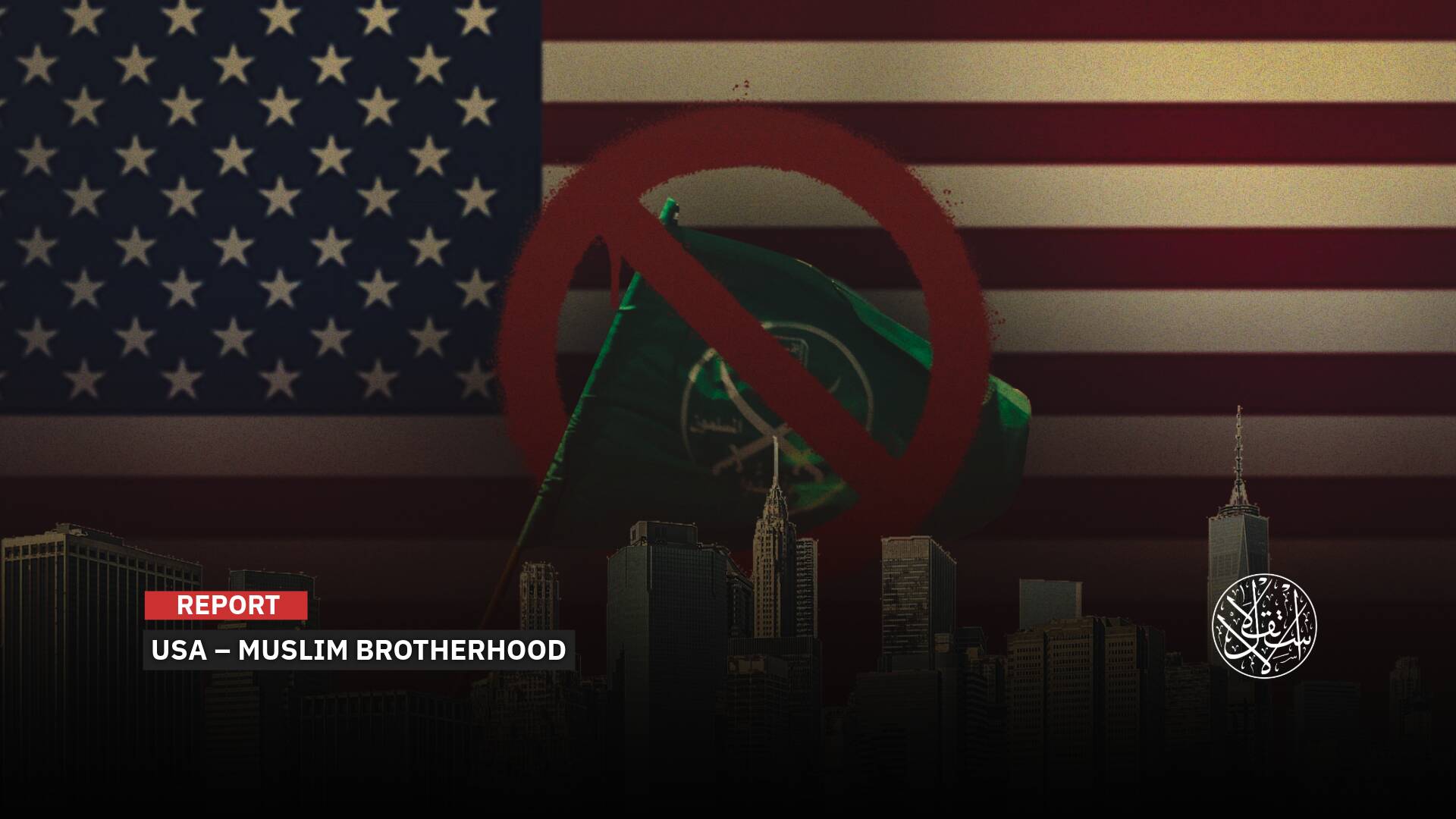After Opening an Embassy in Jerusalem: What Is the Future of Russian–Israeli Relations?

On June 16, Russia agreed to open a consular representation in Jerusalem (al-Quds), a move that could bolster the Israeli Occupation’s claim to the disputed city as its capital and strain Moscow’s ties with its Arab allies.
The announcement came from the Russian embassy in Tel Aviv, which said that the agreement was reached with “Israel” on May 18 after years of negotiations over a piece of land that Russia owns in West Jerusalem.
The land, which covers an area of 100 square meters, was bought by Russia in 1885 and has been under its control ever since. However, in 2014, the Israeli Occupation threatened to confiscate it for a public benefit project related to a light rail line.
The agreement allows Russia to keep the land and turn it into a consular representation while “Israel” drops its demands for taxes and fees on it.
The Russian embassy said that the deal was “a settlement and protocols related thereto regarding clarifying the boundaries and area of the Russian land plot in West Jerusalem.”
The decision was hailed by Israeli media as historic, as it comes five years after the United States moved its embassy to Jerusalem, sparking international condemnation and protests from Palestinians who claim East Jerusalem as their capital.
“Israel” now has four embassies in Jerusalem: The United States, Kosovo, Guatemala, and Honduras. Three more countries have announced plans to open embassies there: the United Kingdom, Hungary, and Russia.
Complex Relations
Russia’s move could also be seen as a sign of trying to reestablish its deteriorating relations with “Israel,” which have been strained by their diverging positions on the war in Ukraine.
“Israel” has supported Kyiv against Moscow’s aggression, while Russia has accused “Israel” of interfering in its internal affairs.
Russia has also warned the United States against moving its embassy to Jerusalem (al-Quds) in 2018, saying that it would undermine the peace process.
However, Russia also recognized West Jerusalem as the Israeli capital in 2017 while maintaining that East Jerusalem is the capital of Palestine.
The agreement could anger Russia’s Arab allies, who have sought to strengthen their relations with Moscow in recent years as a way to counter Western sanctions and isolation.
Russia has been a key player in the conflicts in Syria and Libya, as well as a major arms supplier to countries like Egypt and Algeria.
The Russian embassy claimed in its statement that this step would not affect Moscow’s “unchanged course toward a just settlement in the Middle East” and that it adheres to its fixed political positions regarding the file of the Arab–Israeli conflict.
This move will fully serve the interests of strengthening friendly multifaceted relations between Russia and “Israel.”
Boosting Netanyahu
The Israeli media hailed the announcement that Russia would join the United States in moving its embassy to Jerusalem (al-Quds) as a major diplomatic triumph for Prime Minister Benjamin Netanyahu, who has long claimed the holy city as the Israeli undivided capital.
The news came amid reports that Britain was also considering relocating its embassy, adding to Israeli confidence that it could secure international recognition of its sovereignty over Jerusalem despite a 1947 United Nations resolution that declared the city to be international.
But the timing and details of the Russian move raised questions about its motives and implications, both for “Israel” and for the region.
Moscow has not officially confirmed the decision, which was leaked by Israeli sources hours before the Israeli parliament debated a controversial bill that would allow harsher punishments for Palestinian children accused of attacks in Jerusalem.
The announcement also coincided with plans for a massive settlement project that would split the West Bank and dash any hopes for a Palestinian state.
Some analysts suggested that Russia was seeking to protect its own interests in Jerusalem, where it owns several properties and has a large Orthodox Christian presence.
But others argued that such a rationale was not enough to justify the risk of alienating its Arab allies, especially the Gulf states and Egypt, which have close ties with “Israel” but also regard Jerusalem as a sacred and symbolic site for Muslims and Arabs.
Russia’s apparent endorsement of the Israeli claim to Jerusalem also undermines its role as a neutral mediator in the Arab–Israeli conflict, a position that Moscow has tried to maintain in order to advance its economic and political interests and to counter American influence and Western sanctions.
The move could also inflame tensions in the region, where Palestinians and their supporters have denounced any recognition of Jerusalem as the Israeli capital as a violation of their rights and aspirations.
The announcement may have more to do with Netanyahu’s domestic troubles than with Russia’s strategic calculations.
The Israeli leader is facing mounting criticism and opposition over his handling of various issues, including corruption allegations, the pandemic response, and the recent war with Hamas in Gaza.
By presenting himself as a successful diplomat who can win international support for the Israeli position on Jerusalem, he may hope to shore up his image and popularity among his right-wing base.
But this may prove to be a short-lived and hollow victory, as it does not address the underlying challenges and conflicts that “Israel” faces at home and abroad.
Russia’s announcement that it would move its embassy in “Israel” to Jerusalem drew mixed reactions from experts and analysts, who questioned the motives and implications of the move.
Some saw it as a mockery of the Palestinian cause and a betrayal of Russia’s Arab allies, who oppose the Israeli claim to the whole city as its capital.
Yasser al-Za’atra, a Palestinian political analyst, tweeted that President Vladimir Putin was “rewarding Netanyahu at our expense,” referring to the Israeli prime minister.
He linked the decision to the Israeli stance on the conflict in Ukraine, where Russia faces Western sanctions and isolation. “It is mostly about the position on Ukraine…The entity reaps the fruits of neutrality, and this is one of them,” he wrote.
Others interpreted it as a gesture of appeasement to Netanyahu, who has cultivated close ties with Putin despite their differences over Iran’s role in Syria.
Saleh al-Naami, a Palestinian analyst and academic, said that Putin wanted to reassure “Israel” that his cooperation with Iran would not harm his relations with it.
He added that Putin also gave “Israel” a green light to continue striking Iranian targets and its allies in Syria.
“This does not contradict Israel’s displeasure with the prospects of increasing military cooperation between Tehran and Moscow,” he said.

Breaking from Isolation
This view may reflect the dilemma that Putin faces in Ukraine, where he suffers huge losses day and night, and the worsening economic crisis that has fueled popular discontent at home despite his iron grip.
He also faces security threats from armed attacks on Russian soil, some of which have targeted his own residence and elite areas in Moscow.
This may prompt him to court the closest ally of the United States in the region, where many citizens have Russian origins.
Another group of observers suggested that Putin was in dire need of Arab and Middle Eastern support to counter his isolation schemes, and that his announcement was just a strategic deception to avoid offending “Tel Aviv” and try to attract it by following the example of the United States, which moved its embassy to Jerusalem in 2018. They believed that this move was important for Netanyahu and Israelis alike.
However, they doubted that Russia would actually implement this decision on the ground, as it would risk losing much of its Arab support and its gains achieved by claiming neutrality on this issue.

They said that Russia would not fall into this trap after the Ukrainian trap that it has been suffering from since the beginning of the war more than 16 months ago.
Regardless of these interpretations, the announcement revealed Moscow’s true face, undermining its slogans of support and alleged neutrality, even if for maneuvering purposes.
It showed that Moscow was driven by pure pragmatism that could not be trusted in building a consistent Russian position on the Palestinian issue, which seemed to be a card in its hands to achieve political and economic gains contrary to what Putin and his comrades promote.











